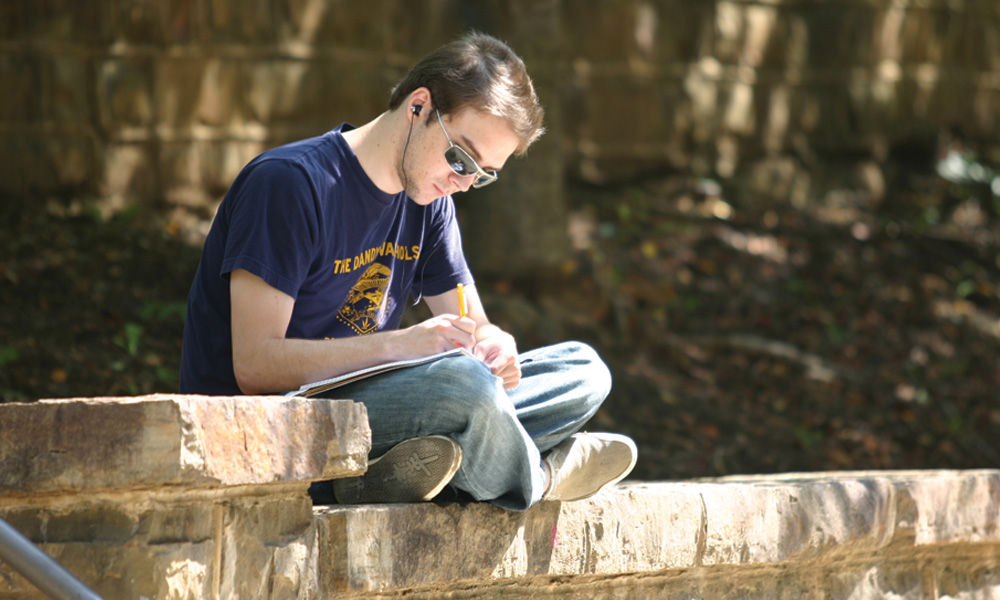
As a parent of a returning student, you may find that this year is less about the excitement and new experiences for your student and more about finding a rhythm and setting goals for the future. This can be overwhelming for your student due to increased academic pressures as they begin taking more classes in their field of study. Throughout this time your support and understanding is key. Below are opportunities your student can explore to ensure that they are on the right track.
Involvement
As a returning student, it is easy to settle back into a routine from a previous year and not explore new opportunities, friend groups, clubs, and experiences. Remind your student that involvement in campus activities offers several benefits. Many students find that increased involvement in extracurricular activities also positively contributes to their academic work.
Additionally, involvement can assist your sophomore or junior in building their resume for future internship opportunities. For seniors, involvement is an opportunity to highlight leadership and teamwork to potential employers.
The University provides students with multiple outlets for involvement including participation in Registered Student Organizations (RSO’s). These groups range from Greek organizations to major specific clubs and gives students the opportunity to engage with others that share similar interests. It is recommended that students explore a variety of organizations to find the one that fits them best. For more information about RSO’s, encourage your student to visit http://osa.uark.edu/.
Academics
The number of academic major/minor specific courses increases as your student enters their second/third year of study. This can be exciting and scary for your student at the same time. As they continue on this journey, remind them to keep the following in mind:
- Utilize resources – The Center for Learning and Student Success (CLASS+) is available for all students throughout their time at the University of Arkansas. Encourage them to sign up for Supplemental Instruction courses and remind them that study group sessions can complement classroom instruction.
- Get to know faculty – Faculty members are experts in their fields. Remind your student to meet with their professor’s during office hours. The positive working relationship between a student and faculty member is ideal when letters of recommendation are needed for graduate school and employment opportunities.
- Take a break – This time can be stressful for your student, but it is important for them to take a break and enjoy being in college. Going to class is only one aspect of college life. Encourage your student to attend athletic events, workout at the HPER, or read a book for fun. Keeping a balanced lifestyle ensures success for your student during this time.
Other topics related to academics your student might consider include:
- Studying Abroad
- Scholarships
- Changing Majors
Life After College
One of the most stressful aspects of college life as a returning student is preparing for life after college. Beginning to think about this now, rather than the summer after your student graduates, can eliminate stress and anxiety for both of you.
Counselors in the University Career Development Center are available to assist your student in mapping out their next steps after graduation. Workshops and online career assessments help guide students to potential career fields and graduate school options. Appointments are available by calling 479-575-2805 or registering via the Razorback Career Link.
If your student plans to enter the workforce immediately following graduation, co-ops and internships provide opportunities to gain career-related insight and experience prior to graduation. If graduate school is in your student’s future, encourage them to prepare now for the GRE, GMAT, MCAT, LSAT, etc. Most students take these exams the summer before application deadlines to allow time for additional testing opportunities if needed.
There are many factors to consider when making life plans while simultaneously attending classes, getting involved, and maintaining good grades. You are your students most trusted confidant, so it is important for you to support them during this time. Encourage these conversations and remind your student to keep an open mind. Parent & Family Programs wishes you luck for the remainder of your student’s time at the U of A and invites you to continue to utilize us as a resource – we are just a phone call/email away.